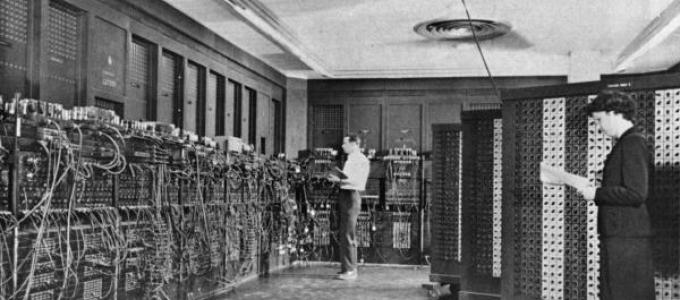On the Same Page is pulling in every incoming Berkeley undergrad to read this book about the dawn of the computer age. Before they roll it out this summer, they're looking for creative ideas from graduate students (and others!) to engage every incoming student.
Sign up for our weekly newsletter!

